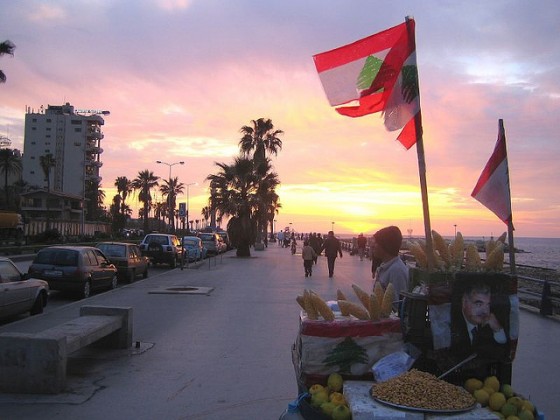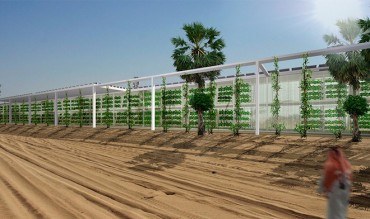 As the popular Tunisian revolt which ousted the President Ben Ali dies down, the continuing rise of food prices is becoming a real concern for the region’s governments
As the popular Tunisian revolt which ousted the President Ben Ali dies down, the continuing rise of food prices is becoming a real concern for the region’s governments
The reasons behind the downfall of the Tunisian president Ben Ali are complex but the high food prices, which brought the average person to the streets in protest, played an important part in the success of the revolt. Soaring food prices have unsettled the entire region with protesters in Algeria, Morocco, Egypt and Jordan all stating that the governments need to do more to reduce prices so that people can afford to eat. Now, Lebanon is facing that very food crisis in the midst of a political crisis which saw the collapse of its cabinet due to the withdrawal of support for the unity government.
According to a report from The Daily Star, the sharp increase of food prices worldwide and the collapse of the Cabinet are taking their toll with the price of certain food commodities climbing sharply over the past few weeks.
“Prices of some of the essential food commodities have oddly risen during the past few weeks and I am very much worried about any additional future increase because I honestly won’t be able to afford it,” Ibrahim Harb, a regular shopper told The Daily Star. The price of lentils, sugar, meat, chicken and vegetables are reported to have increased.
One mother complained that the price of powdered milk had increased more than 50% over one year. “How can we feed our children with such an increase in the prices of the most essential products?” she asked.
The economist Ghazi Wazneh acknowledged the rising prices but ruled out the possibility of revolt on the same scale as Tunisia due to more politicized trade unions in Lebanon. Even so, there have been reports of people in Lebanon stocking up on water and food staples and concerns of an impending political conflict.
It was also recently reported that Gulf States– in an attempt to stave off food riots- were engaging in ‘land grab’ in Africa to help secure food supplies. Various Arab states, led by Saudi Arabia and UAE have paid millions of dollars to the governments of Sudan and Ethiopia for the use of hundreds of thousands of acres of land.
Clearly, food is now an issue of political concern as it seems that political stability was the price paid for high prices that hit Tunisia.
::Image via austinevan on Flickr.
For more on the food crisis in the Middle East see:
Arab States Buy Up Vast Tracts of African Farmland as Food Prices Skyrocket
Rising Food Prices Behind Riots in Algeria and Tunisia
Jordan Joins the Food Protests As Tunisian President Steps Down




Comments are closed.